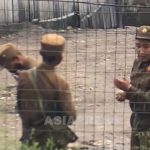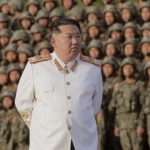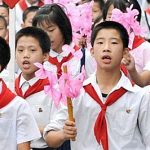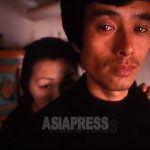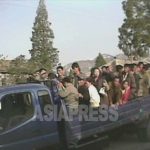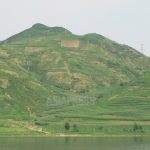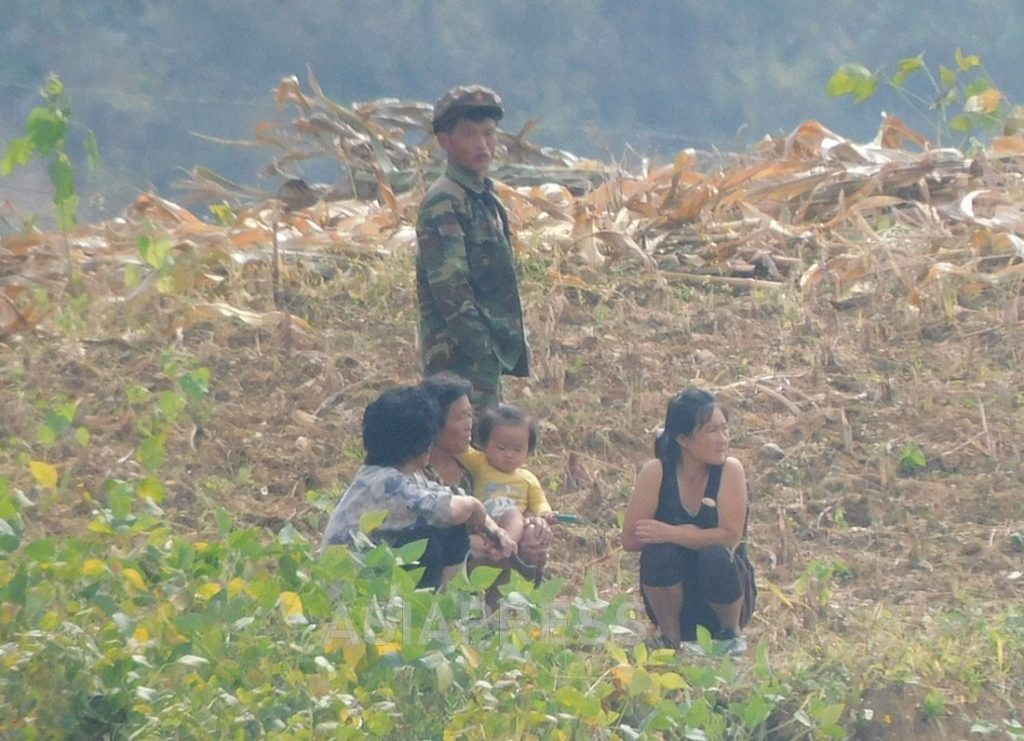
◆ Scenes of people dying due to starvation
Life in North Korea’s cities has taken a turn for the worse. Beginning in early spring 2023, the phrase “death by starvation” began to pop up frequently in reports sent over by our reporting partners. For example, in mid-May, a text message arrived from a reporting partner in Yanggang Province saying:
"There have been a lot of people dying in May. In my neighborhood, four people died in April, and there are two people who look like they’ll die soon. Many of the people in my neighborhood have chronic diseases such as tuberculosis, hepatitis, and asthma, and they don't know if they will be able to eat a meal a day. Even when people die, the authorities never declare them dead. They say they died of disease. Some people complain that if they died because they couldn't eat, why do they say they died of a disease?"
I asked six reporting partners to tally the number of deaths in their neighborhood watch units (inminban) between April and July. The average number of people in a neighborhood watch unit is between 60 and 100. Unit leaders see those under their charge every day and have frequent meetings, so it's easy to keep track of their residents.
I was told the death toll in each neighborhood watch unit was between three to six. Of course, not all of those who died suffered from starvation. The general consensus of the reporting partners was that many people died due to poor nutrition, low immunity, and infectious diseases.
During this period, there were reports of children's bodies found lying on the roadside; a woman who poisoned herself and a child in desperation and committed suicide nearby; a couple who left their home to get food and never returned; an elderly woman and child who were left behind crawling out of their home and begging on the streets...These were all reports that were hard to read.
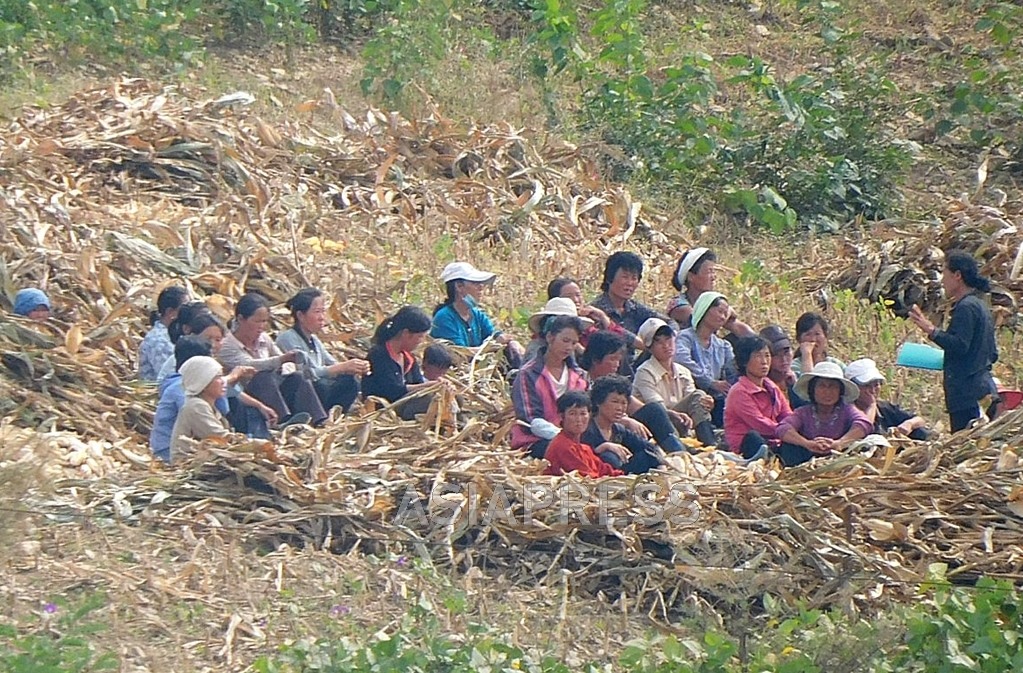
◆ How to respond to difficult times
The approach to hard times is the same in every country.
"When you run out of cash, you borrow money and food from neighbors, acquaintances, and relatives. If that becomes difficult, you pawn or sell your food. It's not uncommon to see debt collectors swarming the neighborhood, taking away pots and pans. What's left is stealing or, if you're a woman, prostitution. Finally, they sell their homes or commit suicide."
Our reporting partner in North Hamgyung Province gave us the above explanation about circumstances in North Korea these days. Those who have exhausted their savings and cash income are the first to fall into hard times. However, as our research and information gathering is limited to the three northern provinces close to China, we are unable to confirm whether the crisis has spread across the country.
Incidentally, a report released in July 2023 by the United Nations Children's Fund (UNICEF) and the Food and Agriculture Organization (FAO) estimated that 11.8 million people in North Korea were undernourished in 2020-22, representing 45.5% of the total population. That's nearly as many as in Somalia, which has been in a state of civil war for years.
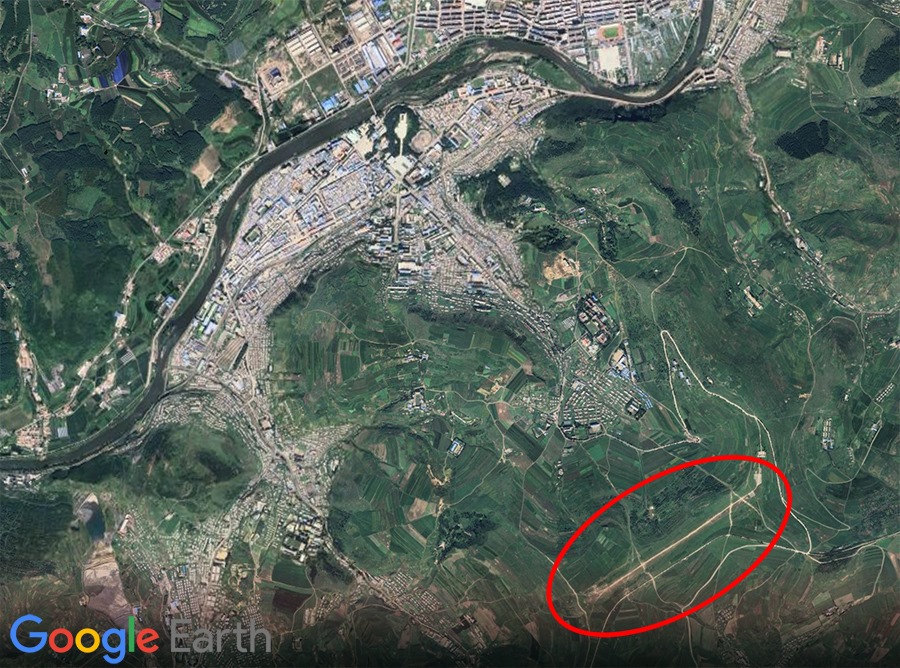
◆ The restart of public executions
"In regards to the strict prohibition of trading goods or circulating foreign currency outside the state's control.”
In early August 2023, Kim Jong-un's regime suddenly issued a declaration ordering a strict ban on the use of foreign currency and that goods could only be distributed under state control. The declaration was issued by the Ministry of Social Security, the country’s national police agency.
Government officials traveled to neighborhood watch unit meetings around the country to explain the decree and demand compliance. "Violators of the order will be punished by death," they said. RFA reported this around the same time as we did (August 7).
On the afternoon of August 30, nine people were executed by public firing squad in Hyesan, Yanggang Province, although the connection to the declaration is unclear. The charges were that they had secretly slaughtered a cow, which is considered state property, and sold off the meat. One of our reporting partners witnessed the execution. She told us:
"That morning, the authorities told us to gather at Hyesan Airfield for a public criticism session featuring the criminals. It was raining, but we went anyway, and many people had been mobilized through the city's institutions, business offices, and people's groups. The meeting turned into a trial, and then a firing squad conducted an execution. Two of the nine people were women."
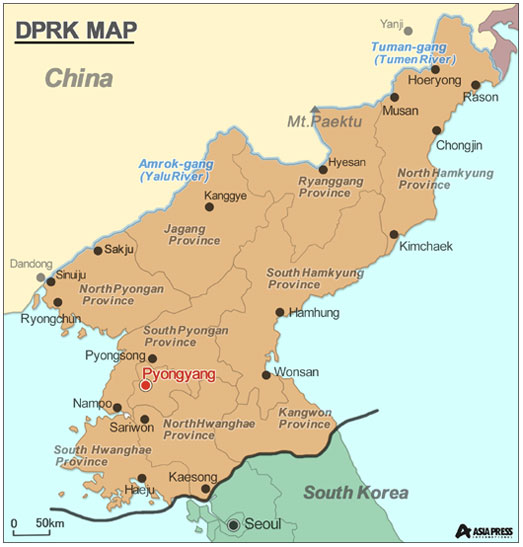
A public execution was also carried out on September 25 at the same location. A man was executed for stealing medicines from a medicine cabinet (medicines are considered “wartime supplies” in North Korea). We wrote about these two public executions (Sept. 1, Oct. 9), while RFA (Aug. 31, Sept. 29) and the Tokyo Shimbun (Oct. 11) wrote almost identical stories. Hyesan is a city in the northern part of the country on the Yalu River, and the two news organizations apparently got their information from people using Chinese cell phones.
※On December 19, another public execution took place in Hyesan. More details are in the following article.
<Interview> How was the public execution in Hyesan carried out?…In just four months, three executions have occurred in the city… “We were lined up at our places of work and marched to the execution site”
Over the past decade or so, I had not seen any reports about executions where the general population was mobilized to watch the proceedings. While there were likely "closed-door executions" conducted by the regime that involved only a limited number of witnesses, the regime may have stopped public executions for fear of deteriorating the image of the regime, as information would leak out if there were too many witnesses.
The fact that the executions were carried out in succession in August, September, and December - in public and in areas bordering China - suggests that the regime is prioritizing terrorizing the population over potential damage to its image. The executions serve as warnings that pardons will not be given to those who fail to obey government orders. The executions also give us a glimpse of the government’s aim to its "anti-market" policies by exerting firm control over private commercial activities.
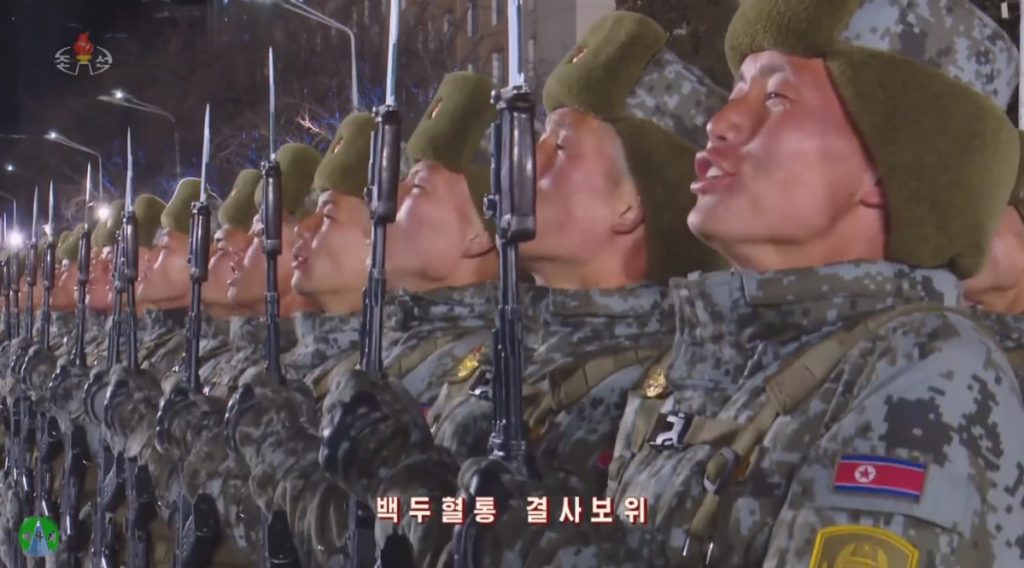
◆ The appearance of Kim Ju-ae and preparations for a fourth generation succession
The last thing I want to talk about here is the emergence of Kim Jong-un's daughter. The girl, who South Korean authorities believe is named Kim Ju-ae and is still around 10 years old, made her first public appearance on November 18, 2022. Kim accompanied her on an on-the-spot inspection of a long-range ballistic missile test.
She reappeared at a grand ceremony on February 8, 2023 that was broadcast for two hours on Korea Central Television, with camera work and editing clearly designed to highlight her presence.
Another notable part of the ceremony was the chant, "Let's defend the Baekdu bloodline." The Baekdu bloodline refers to Kim Il-sung's anti-Japanese guerrilla activities at the foot of Mount Paektu, which towers over the border of North Korea and China, and to the Kim clan, from Kim Jong-il and Kim Jong-un. Marching soldiers chanted the slogan and waved placards. It was an appeal to the Korean People's Army that its mission was not only to defend the Korean Revolution and the homeland, but also to defend the Kim clan with their lives.
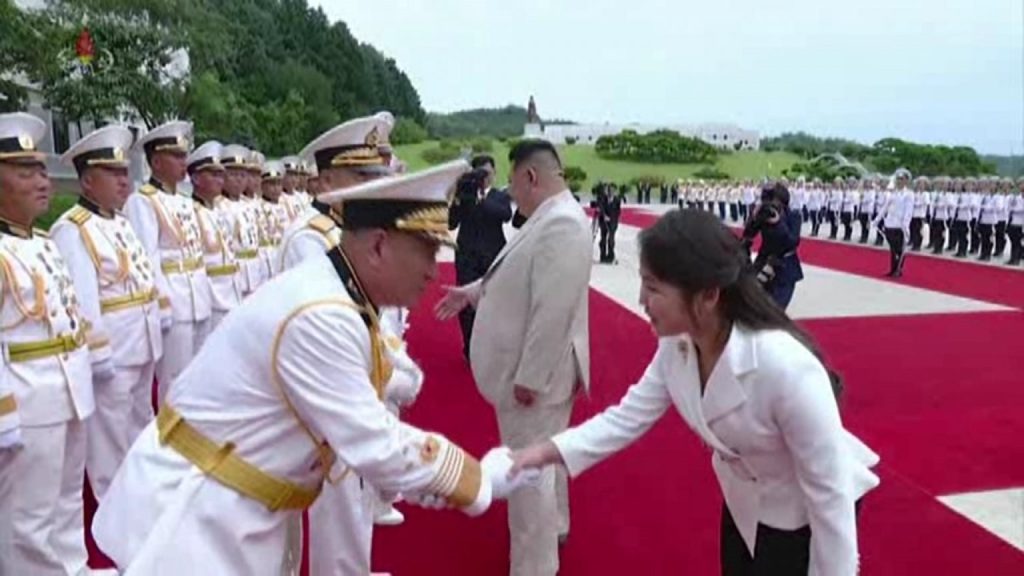
The daughter's appearances continued. On August 29, she visited the country’s naval headquarters and met with waiting high-ranking officers. On September 9, an article reporting on the 75th anniversary of the founding of the DPRK used the honorific: "Dear Comrade Kim Jong Un brought his respected daughter..."
At this point, there is nothing to suggest that Ju-ae is a candidate to succeed her father. However, it is possible that Kim Jong-un's intention is to keep his daughter, who is barely a child, in the limelight and to make the next generation of the Kim dynasty visible at home and abroad. I believe that Kim Jong-un, who aims to perpetuate his rule by blood, has begun making the succession process visible to the public.
Looking back at the past three years and nine months, I think that the regime’s hardline measures - including the constant upgrading of missile technology, the strict closure of the Chinese border, and the attempts to restore a state-controlled economy with "anti-market" policies - were preparations for the fourth generation succession. In short, Kim Jong-un aims to establish a strong system of control and pass the country to the next generation. In all of this, people’s lives are considered by the regime to be close to worthless.
Fortunately, North Korea’s severe humanitarian crisis began to improve in late September. Potatoes and corn have been harvested, and many people have been able to breathe a sigh of relief as low-quality but low-priced food is now available on the market. We wish them well. (End of series)
- <Inside N. Korea> Government implements wage hike of more than 10 times (1) Wages increase for employees of state-run enterprises and government agencies
- <Interview> How was the public execution in Hyesan carried out?…In just four months, three executions have occurred in the city… “We were lined up at our places of work and marched to the execution site”
- <Urgent Report> Public execution takes place again on December 19, the third in Hyesan this year…large numbers of people mobilized to witness event
- <Investigation Inside N. Korea> How is the country’s fishing industry doing? (1) COVID and shrinking fishing grounds major problems…Kim regime’s restrictions on fishing lead some fishermen to financial collapse
- <Inside N. Korea>Bootleg liquor is an anti-state act The government launches harsh crackdowns, aims to monopolize distribution of alcohol and prevent shortages of grain
